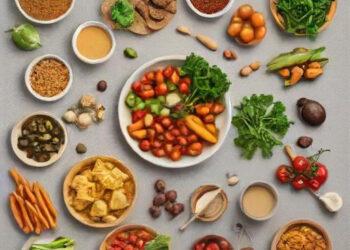In India, the demand for plant-based milk substitutes has increased due to the rise in lactose intolerance and milk allergies. According to a Global Data report, the country’s wealthy middle class and younger environmentally conscious individuals are driving consumption of plant-based foods and drinks, despite challenges such as low consumer awareness and higher costs. He added that this trend will propel the alternative dairy market in India at a CAGR of 6 to 8 percent from 2023 to 2027.
Mani Bhushan Shukla, Consumer Analyst at GlobalData, said, “Plant-based dairy alternatives are making their way into the market, influenced by global health and ethical consumer trends. Over the years, it has been revealed through multiple research studies that nearly 60 per cent of the Indian population suffers from lactose intolerance or dairy allergies. Nonetheless, a large proportion of these consumers remain unaware of their medical condition and continue to consume dairy products without seeking any medical intervention.”
GlobalData India, said, “Since the onset of the COVID-19 pandemic, there has been a notable emphasis on health, leading to a significant rise in the popularity of vegetarian, vegan, and flexitarian diets. Furthermore, the escalating concerns regarding milk adulteration and the widespread use of antibiotics in cattle farms have resulted in a heightened demand for dairy-free alternatives. Additionally, consumers who prioritize eco-friendliness opt for non-dairy milk options such as coconut, almond, and cashew milk, as these products are produced ethically and have a lower carbon footprint.”
A consumer survey from GlobalData for Q4 2023 finds that 79 percent of Indians consider purchasing “a plant-based” product to be either essential or convenient. This agrees with his viewpoint.
Mani Bhushan Shukla added, “Younger consumers find plant-based products more appealing than older consumers, likely due to greater access to information (particularly with higher online use) regarding the negative attributes of dairy products, and health as well as environmental benefits of consuming plant-based alternatives.”
Francis Gabriel Go dad concluded, “By focusing on pricing, flavor, and texture of dairy alternatives, manufacturers can successfully target Millennials and Gen Z cohorts and gain widespread acceptance. These consumer segments are more likely to be enticed by such offerings. Moreover, manufacturers can compete more effectively if they offer customized options that are tailored to specific consumer needs. Considering the high prevalence of lactose-intolerance among Indians, dairy-alternatives have the potential to revolutionize the plant-based dairy substitutes market.”







